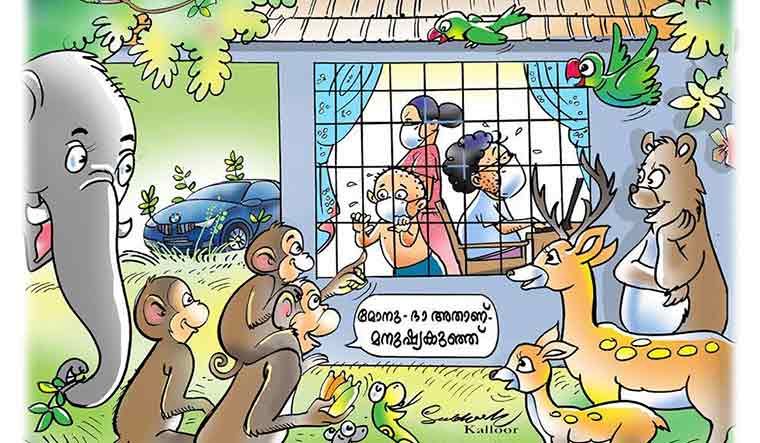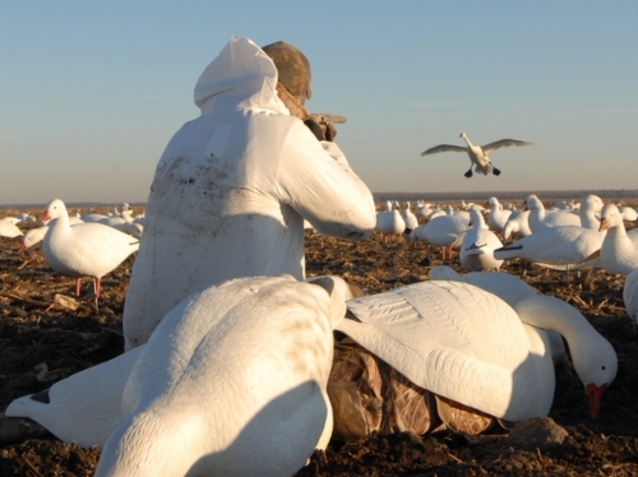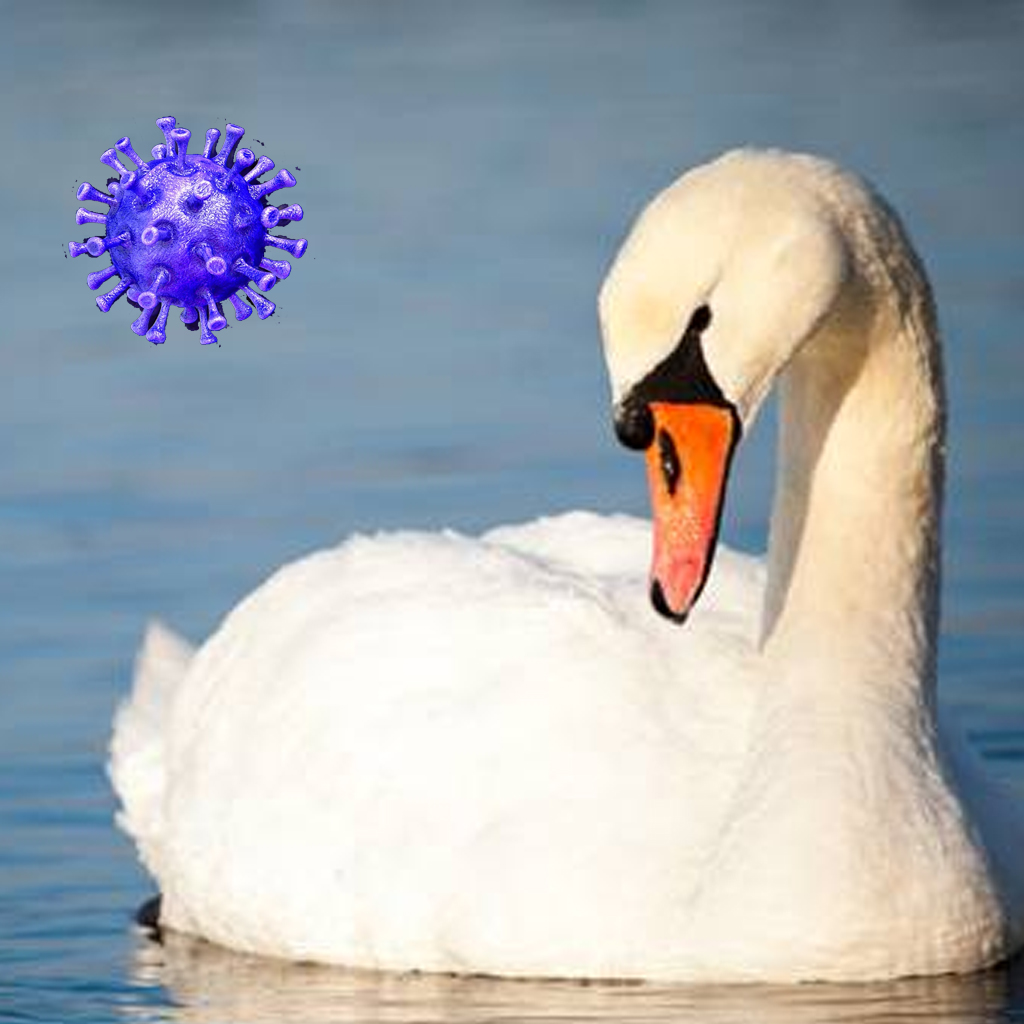Disclaimer
Hi, just letting you know that all products recommended here have been used by us, or are properly researched to ensure they are the best you are getting without bias.
We are also an affiliate for certain Amazon products and thus some links here are affiliate links. If you purchase an item through any of them, we MAY earn a commission at no extra cost to you.
Almost the whole world has been on lockdown for months as a result of the current pandemic that is plaguing us. It has really disrupted a lot of things, but it’s just unfortunate that we can’t help but wait till it goes by. Since it mostly affects humans and has forced them to stay indoors, one major question has been on many people’s mind. Some persons have been worried about what is really happening to the animals out there who majorly depend on humans for one thing or the other; maybe for care, food, treatment etc. Our favourite animal – the swan – is not really left out of this human concern. If you have been thinking about this just like myself, let’s analyse how this pandemic may be hitting the swans. If they are really doing fine or looking forward to when we will get back to normal again.

First, a pandemic is any disease that afflicts humans in a country or even the whole world at large. The Coronavirus (Covid-19) is the viral disease that was first isolated and identified in Wuhan Province, Hubei, China in 2019. The disease is caused by a viral strain and strives only when it inhabits the human body but passes off when outside the host (man). In humans, this can cause respiratory tract infections that are typically mild, such as some cases of the common cold, bronchitis, and in some cases can be lethal. While we hear news of vaccines or antiviral drugs that can treat the coronavirus (Covid-19), we are yet to start using it fully or record positive results from its use.
How Does The Pandemic Affects Swans?
Recently we have been seeing a trend of some cartoon images online showing animals walking on the streets staring at humans locked indoors. While these gave us a good laugh when they came out, the major concern or message which this image is overlooking is that these animals are not as pleased as they appeared because a large number of them depend on us for a lot of things. In case you missed them, here are the most trendy images of animals looking at humans locked up in the 2020 lockdown.





Yes, the coronavirus disease affects only man and not animals or birds, however, the relationship between animals and man, and their dependence on man for survival put the animals almost at the receiving end of this pandemic. Trust me, the swan is not left out in this. There are a few ways the swan is also affected by this plague that hit humans, both positively and negatively. You may be surprised by the effects but there is just a little we can do at the moment while hoping for the best.
Here are some of the negative ways swans are affected by the :
1. Their Feeding:
Swans are herbivorous feeders and as such feed on grasses, green leaves, shrubs, other plant products or supplies of swan food from humans. Occasionally, however, they may feed on bread and rarely, worms. In their habitats of ponds, streams, rivers or parks, they are mainly dependent on human supplementary feeding from kitchen scraps or specialist foods bought from the market to augment what little they can forage on their own. With the advent of the pandemic and the consequent restriction of movement, park closures and global lockdown, this human source of food for swans is all but cut off. It is therefore correct to assert that starvation is the first effect the pandemic has on swans. Following this basic challenge, other anomalies become unavoidable as we shall see subsequently.
2. Their Breeding:
Breeding is the process of giving birth to young ones in order to increase a specie. Swans reproduce through laying and hatching of eggs. With the reduction of food supply, this process is interfered with. The birds now produce a fewer number of eggs as against their usual of 4-7. Some even fail to hatch completely and few now have eggs with brittle or weak shells. It is easy to see how the challenges they face this season are indicated in these defects. Additionally, the birds now, in view of these difficulties, take longer to hatch their eggs than they normally do. This is to show that the pandemic takes a serious toll on their breeding capabilities also. This impediment to breeding has a direct consequence on the number of population of the birds. The pandemic causes such a reduction in the population of swans which if not checked, may drive them into the extinction we have always feared.
3. Their Size And Growth:
An adequate supply of food is necessary for growth as well as the repair and replacement of lost or worn-out cells in the body of any living thing. It is therefore easy to see how the pandemic equally interferes with the growth and size of swans. Due to the pandemic, the swans not only grow much slower than they used to but are also a little reduced in size. They are reputed to be one of the biggest variety of waterbirds, but because of the Coronavirus, such growth is now stunted. Furthermore, their bones are now more porous and brittle and they equally produce less feather covering. Even baby swans or cygnets now take much longer to exhibit any increase in size with time as against previously when all they needed was a few weeks to blossom to maturity. Even their colouration is somewhat blighted and is not their usually bright selves.
4. Their Flight And Swimming:
Swans are known to fly almost as well as they do swim. Their young ones begin to make effort at flying from a very tender age and before long, their chest muscles are developed enough and they start to fly. Recently though, their abilities to swim and fly which have been retained through generations are being taxed due to the effects of the pandemic on them. They scarcely fly as high nor do they swim as fast as they used to. This is occasioned by the challenges they face due to the global scourge of covid-19 that has made the availability of food difficult. It is therefore right to say that they are relatively sedentary this season to allow them to preserve what little energy they can spare.
5. Swan’s Migration:
Traditionally, swans are known to migrate across long distances from their habiting grounds to their breeding grounds seasonally. However, the pandemic has put on hold any migrating spree at the moment. It is even believed, by certain zoologists, that most swans may not migrate this season. The pandemic has put the breaks on migration for swans until whenever such is feasible (when conditions permit). When this will happen is left to any such time when the pandemic will become less intense and they are able to feed very well from what we provide for them.

6. Moulting In The Pandemic:
Swan moulting is the shedding of their feathers covering the body and its replacement with new ones. It is a process that requires adequate supply of food and other essential nutrients for it to be successful. Swans undergo moulting preliminary to embarking on their seasonal migrations. Some swans have (not surprisingly) failed to undergo their seasonal moulting, just like they paused migration. Conditions necessary for it to take place have been disrupted by the global pandemic. Worthy of note here is the fact that failure in moulting will manifest profoundly in the survival and productivity of the bird as it is a precursor to many things the swans are known for.
7. Fierce Competition Among Birds:
It is a well-known fact that the swan capitalizing on its imposing size among other waterbirds may regularly fight to displace them from their habitats. This causes a fierce competition between swans and other birds which is now much more pronounced than ever because food unlike before comes in short supply and they have had to fight for every morsel. This fierce competition may lead to the displacement of some of the birds or even injury in serious some cases.
8. The Swan’s Immune Compromise:
Unavailability of adequate food and other forms of malnutrition will certainly predispose anyone to certain diseases. The pandemic has made the swan very susceptible to various avian (bird-related) diseases. Absence of proper nutrients and vitamin elements that help one to fight infection makes it vulnerable to some diseases. This has been found to be true in this pandemic concerning the swan especially. It has even been reported in the Audubon magazine that birds of all sorts keep passing on in Europe and other places; this is very likely connected with the global pandemic humans face. The magazine, however, indicated starvation, pollution and opportunistic infections as possible causes, though it is difficult to extricate one from the other.
9. Feather Loss In Swans:
Previously, I mentioned poor feather development in malnourished birds like the swan. There is a curious observation made recently that since the outbreak of Covid-19 pandemic, swans were found to progressively losing their feather covering. Poor environmental conditions and impoverished feeding were suspected to be the cause. Whatever the cause or causes may be, the swans have been found to shed an unhealthy amount of feathers since the outbreak of the Covid-19 pandemic.
10. Zero Production Of Poultry Feeds:
Poultry feed production companies like all others were forced to close down and take refuge at home to avoid the dreaded pandemic. In essence, it means cessation of the production of specialist swan food. This non-production enforced by the pandemic easily translates into less feeding for the bird. Poultry feed in most communities are limited to old stock and sales are on a first-come-first-serve basis. Therefore the availability of such specialist food is limited in this pandemic. Even if some people were to lay their hands on some feeds, certain policies regarding movement at this time will not allow them to go as far as the swan’s habitat to feed them.
Well, not everything is going bad for our beloved birds. At least there is a little silver lining on the cloud which is the hope they are holding onto in this pandemic. This pandemic will pass too, but before then do we think animals or birds are enjoying this little break from humans? If you ask me, I know that as for the swans, there are a few positive things this lockdown has brought for them. Here are some of them:
1. Little To No Farming:
Farmers worldwide are known to prepare their farmlands at the onset of any farming or rainy season. Preparation of farmlands involves clearing weeds by applying herbicides or pesticides and also bush burning in some cases. Whenever such preparations are made in farmlands close to swan habitats, the grass cover that serves most swans as food and shelter are usually destroyed. This season with the lockdown in place, farmers are yet to return to their farms for any cleaning. In essence, this is a blessing to the swans as nature has this year spared their habitats from the destruction of the farmers which means a little extra food and shelter.
2. Hunting Expedition:
Swans like most other birds are hunted primarily for meat or their feathers. The restriction of movement and cessation of most human activities has not allowed farmers to hunt for meat anymore. Therefore, swans have been spared the threat and agony of being used for meat (for now). A fact which may aid their population growth amongst a myriad of other factors aiming to decimate it.

3. Industrial Effluents And Gas Flares:
A restriction has been forced upon man worldwide with industries shut and companies sealed. Even some recreation and sports have been frozen. Manufacturing industries that discharge a lot of pollutants as wastes and oil refineries that burn gaseous wastes in a process they call gas flares have all abandoned ship to protect themselves against the coronavirus. These pollutants are really a threat to a healthy environment and the survival of many species (swan inclusive). The absence of these pollutants avails the swan a healthier environment to breathe and thrive freely.
4. Cleaner Ponds And Streams:
Swans are said to be both aquatic and terrestrial organisms. Whenever they live on land, it is always in close proximity to ponds or streams. With restrictions on the movement and activities of man as well as the closure of parks, the ponds and streams they inhabit actually got cleaner. This is because there is less pollution from humans as there almost no one around to throw the trash into the stream or allow dirt trail go into the pond. Not to mention oil from industries that are usually been emptied into the water body. These alone provide a cleaner and fresher air and environment for the swans to live in.
How Can We Assist The Swan In This Pandemic
With all the negative things you have heard that is happening to the swan in this pandemic, it is important that you and I should help these precious birds in any little way we can. So, let’s look at how individuals and groups will be able to alleviate some of these effects of the pandemic on the swan in any way they can:
1. Visit Them With Food:
For those who are able to go out during the lockdown, it will be nice to visit these birds with some kitchen scraps (that imply no extra expenses) or better still with specialized swan food (if you can afford them) to help save a life. By so doing we would have one less swan going hungry and suffering some other negative effects mentioned here.
2. Taking Them In:
For more affluent people that are blessed with large outdoor spaces like lawns and backyards, it will also be nice to grow greens and grasses that will serve the birds for shelter and food and take them in if you can. Uncut lawns may be an eyesore for you but they are great in providing these birds with food and shelter especially in the cold.
3. Donate To Charities/Organizations That Are Working To Save Them:
There are charities which you can register and give out donations that can be used in helping these birds during this period. Some of them are The National Audubon Society (NAS), Canal and Green Trust Society, RSPB and some others. You may check online to find out those in your locality if you wish to lend a helping hand in saving these precious birds. These associations give assistance to animal sanctuaries and bird charities and take it upon themselves to help save our animals and birds from passing on especially in this pandemic.
4. Volunteer To Join Charities Helping Swans:
Certain trusts give out tonnes of bird food to anyone who cares about wildlife and wishes to help in this pandemic. Some of these companies are the Swan Sanctuary Charity, Ark Wildlife Society and the Wood Green Animal Shelter all in the UK. If you can, you should volunteer to be a part of them so that you can go out and look for these birds to feed them, treat them are make sure they are doing fine wherever they are patiently waiting out this pandemic.

Conclusion
The pandemic may be a human virus but it has very far-reaching consequences on other beings that relate or interact closely with us like the swan. Depending on one’s point of view, it is easy to argue that the pandemic affects swans almost as much as it does the primary host, if not more. So, now that you know just how swans are affected by the present pandemic and understood how man is not the only one been affected by the pandemic, I hope you have tried to make a conscious decision to help them. With the right attitude, however, we may eventually succeed in saving this precious gift of nature with which we have fallen in love with and admire its traits.
What do you think?

1 thought on “Is The Coronavirus (Covid-19) Pandemic Affecting The Swans?”